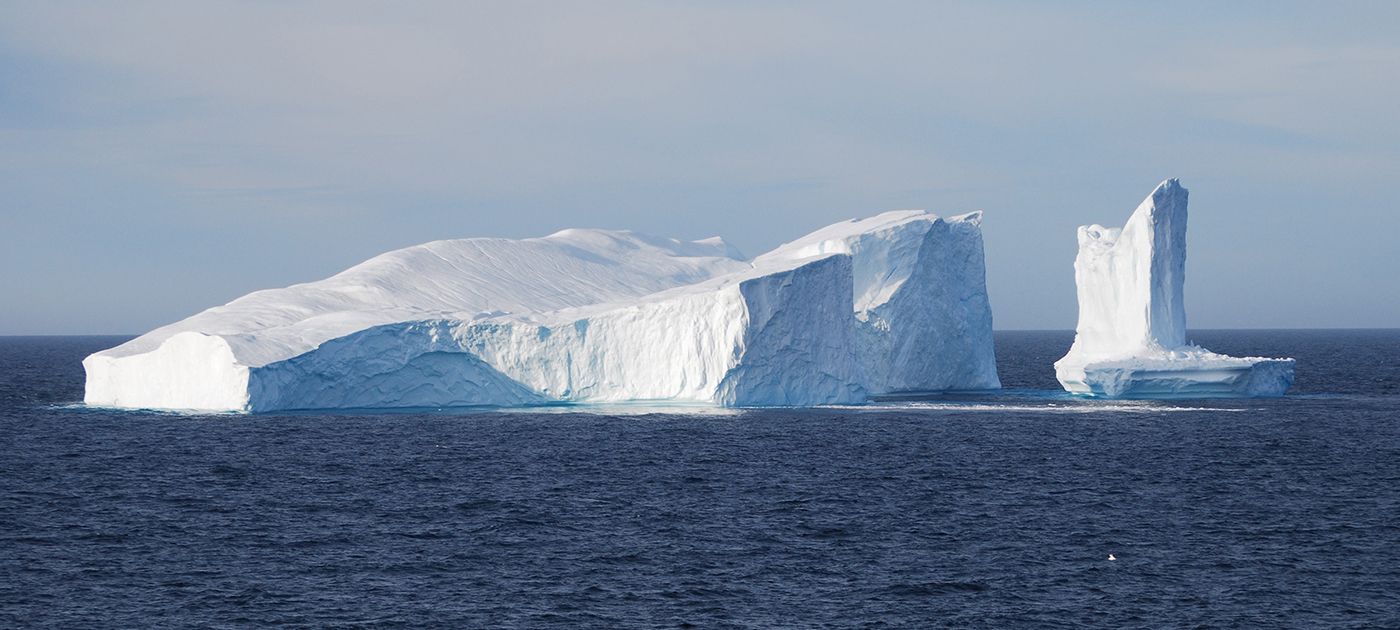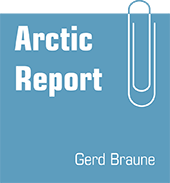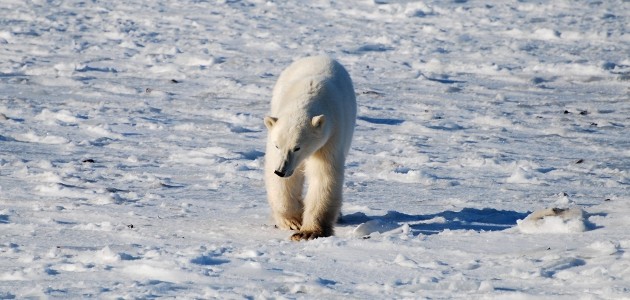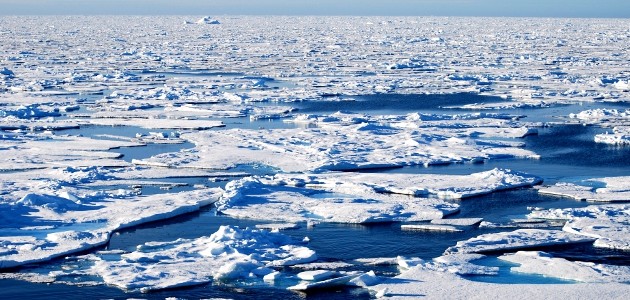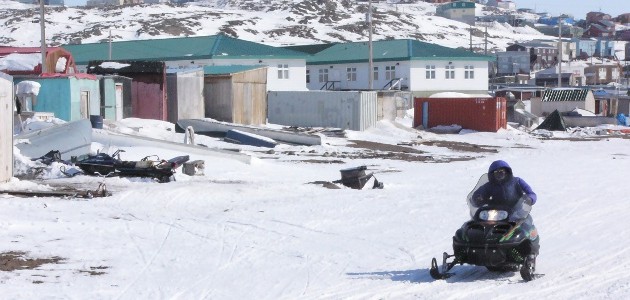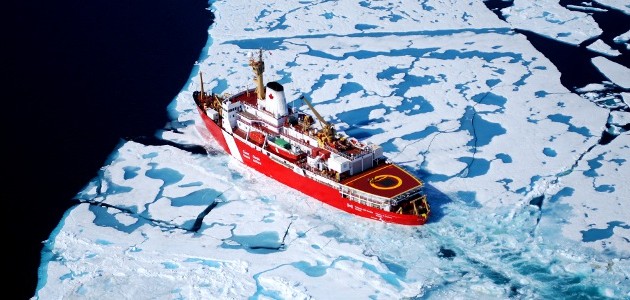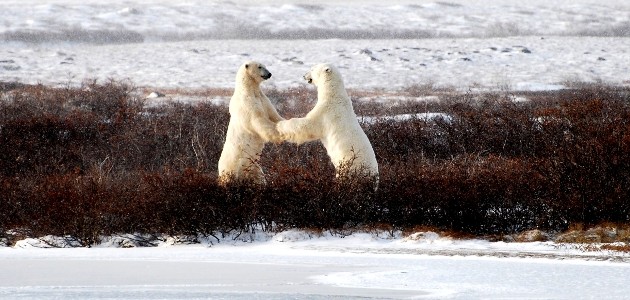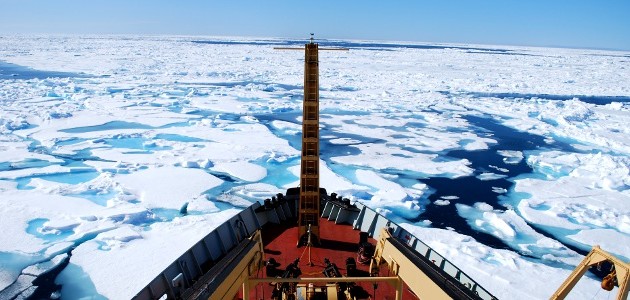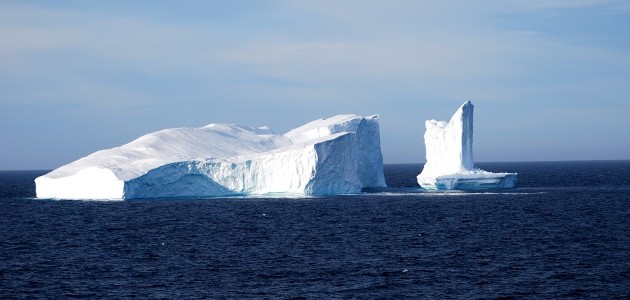Arctic – a political hotspot
– Sovereignty claims, a flag at th bottom of the ocean and the geopolitical changes –
In summer 2007 when the Russian navy posted a flag on the sea floor at the geographic North Pole, the Arctic became a political hotspot. It was no longer a sideline issue. The Arctic Coastal States are trying to extend their rights to use the ocean floor beyond the 200 nautical mile zone. The governments of the Arctic states adopted and published strategy papers on Arctic policies. In this chapter of my website you will find documents and – in German only – my articles about “the race” for the Arctic.
Documents about Arctic Policies
(e)
Arctic Council
The Ottawa Declaration, adopted in 1996 in the Canadian Capital Ottawa, established the Arctic Council. The Arctic Council is an intergovernmental forum to promote cooperation and interaction among the Arctic States on common Arctic issues like environmental protection, science and sustainable economic development. Member states are the United States of America, Canada, Russia, Norway, Finland, Sweden, Denmark (including Greenland and the Faroe Islands) and Iceland. The indigenous peoples´ organizations have been granted the status of Permanent Participants with full consultation rights. Several states, among them Germany, as well as international organizations and non-governmental organizations, have observer status.
→ See the Documents of the Arctic Council
The Ilulissat Declaration
With their Ilulissat Declaration on May 28, 2008 the five Arctic Ocean Coastal States, USA, Canada, Russia, Norway and Denmark, confirm that UNCLOS is the legal framework for the delineation of the outer limits of the continental shelf. They emphasize that there is no need to develop a new international legal regime to govern the Arctic Ocean.
→ See the Documents
National and EU Arctic Policies
Arctic Policy is a relatively new phenomenon. When the Arctic was inaccessible, there seemed to be no need for national Arctic policies. This has changed dramatically. The eight member states of the Arctic Council have adopted strategy papers about the future of the Arctic. But not only the states at the Polar Circle have been active. With its Arctic Policy Papers the European Union signals its interest in Arctic issues.
→ See the Documents
UN Convention on the Law of the Sea
The legal framework to regulate the economic use of the oceans and to determine claims and sovereignty zones is UNCLOS, the United Nations Convention on the Law of the Sea. This convention is often called “Constitution for the Oceans”. By September 2011 a total of 162 states had ratified UNCLOS. The only large industrialized country that has not joined UNCLOS is the United States of America. Article 76 plays a crucial role in the discussion of the use of the seabed of the Arctic Ocean. Article 76 defines “Continental Shelf”. This can lead to rights of a coastal state beyond the “Exclusive Economic Zone” of 200 nautical miles.
→ See the Documents
» more political documents
My articles about Arctic Policies
– in German only –
Kanada zeigt in der Arktis wieder
militärische Präsenz
Übung Nanook soll Souveränität festigen, dient aber vor allem der Planung für mögliche Unglücke in der Nordpolregion – Kooperation trotz Interessenkonflikten
Ottawa, 26. Juli 2011. Der kanadische Verteidigungsminister Peter MacKay spricht von Kanadas „größter Operation der jüngeren Geschichte“. Gerade hat das Land seine Kampfmission in Afghanistan beendet, da richtet es sein Auge wieder verstärkt auf die Arktis. Mit 1000 Soldaten und Ranger, Kampf- und Transportflugzeugen und Eisbrechern wird Präsenz in der Polarregion gezeigt. Kanada unterstreicht damit auch seine Souveränität über Land und Gewässer der Arktis. Der Zweck der Übung ist aber vor allem ziviler Art: Bergungsmaßnahmen nach einem Flugzeugabsturz in der Arktis und einem Schiffsunglück in der Nordwestpassage werden geübt.
→ Lesen Sie weiter
„Arktis ist ein Gebiet der Kooperation.
Kein Blut, kein Krieg!“
Russland und Norwegen widersprechen dem Eindruck, Konfrontation präge die Stimmung im Nordpolgebiet
Ottawa, 29. Mai 2011. Als „kalter Krieg in der Arktis“ werden die Meinungsunterschiede der Polarstaaten über die Rechte bei der künftigen Nutzung des Arktischen Ozenas oft beschrieben, manche wittern gar eine militärische Konfrontation. Unsinn, sagen Norwegen und Russland. Für sie ist das Nordpolgebiet vor allem ein Gebiet des Dialogs und der Zusammenarbeit.
→ Lesen Sie weiter
Arktisstaaten verstärken Zusammenarbeit im Eismeerraum
Abkommen über Such- und Rettungsaktionen erster rechtlich bindender Vertrag
Ottawa, 13. Mai 2011. Die acht Staaten des Arktischen Rates verstärken ihre Zusammenarbeit im Nordpolargebiet. Auf ihrem Treffen in der grönländischen Hauptstadt Nuuk unterzeichneten sie ein Abkommen über Kooperation bei Such- und Rettungsarbeiten nach Unglücken in der Arktis.
→ Lesen Sie weiter
» Artikel und Analysen zur Arktispolitik von Gerd Braune
